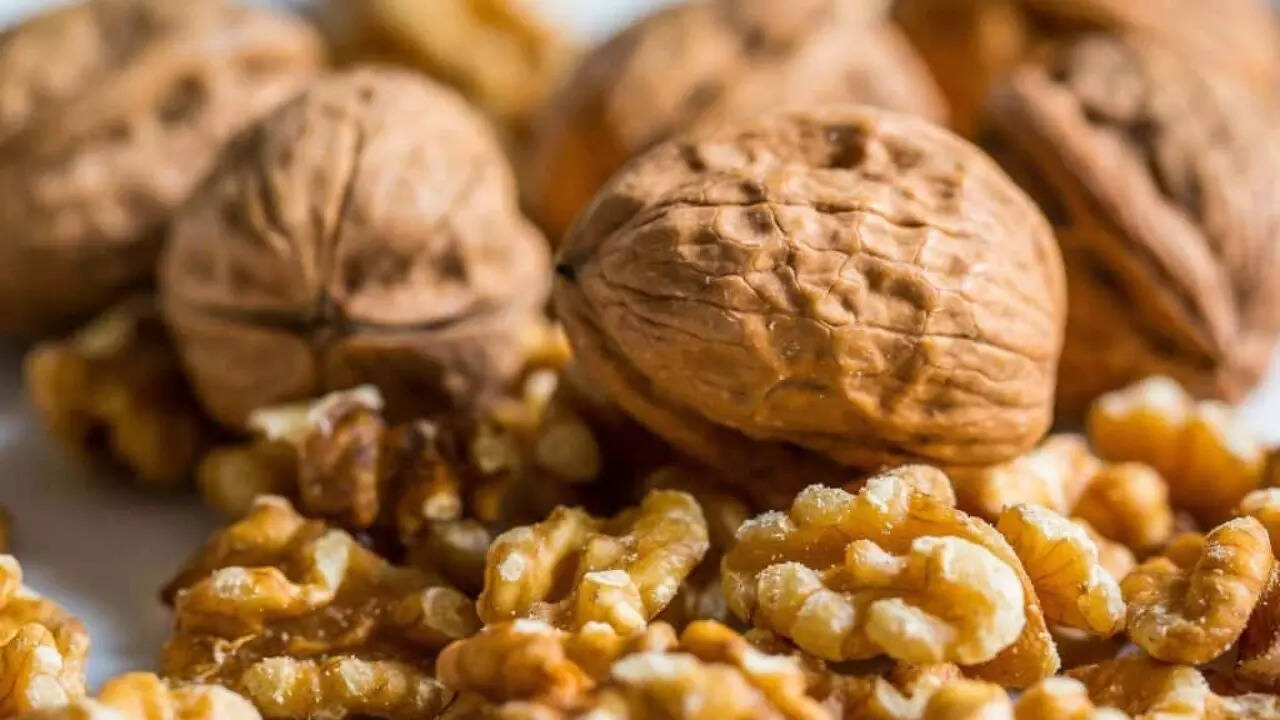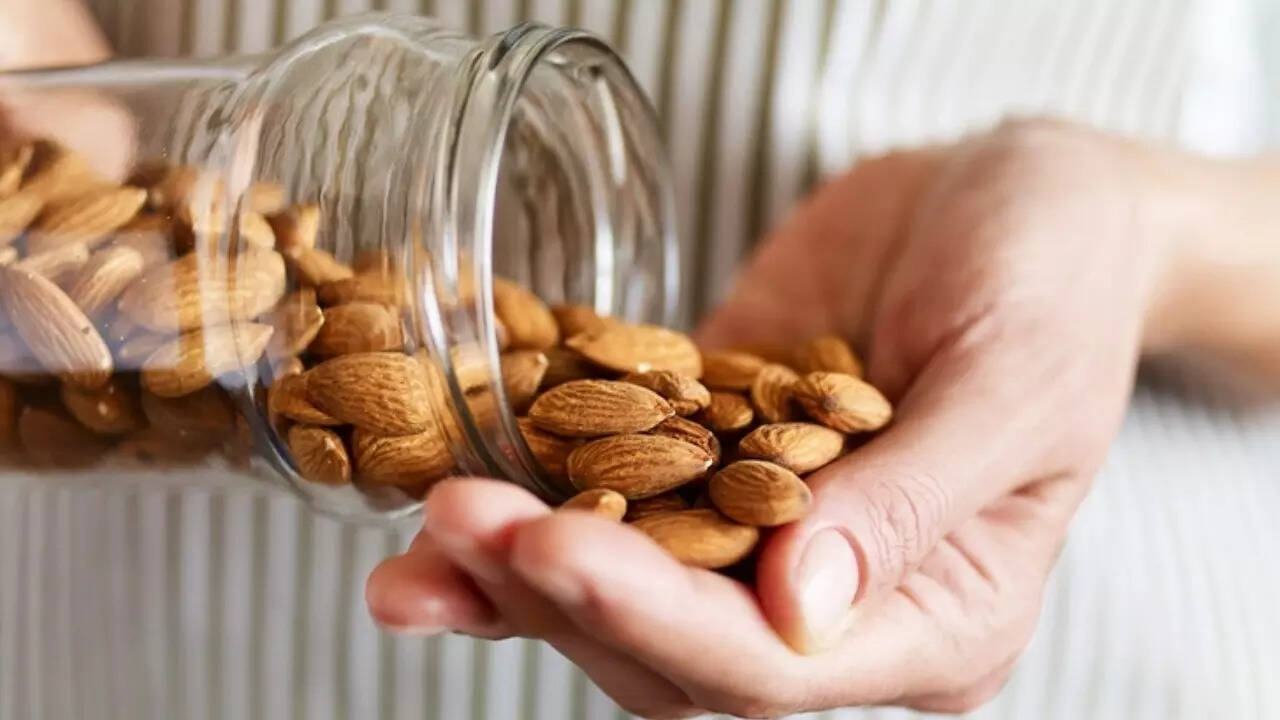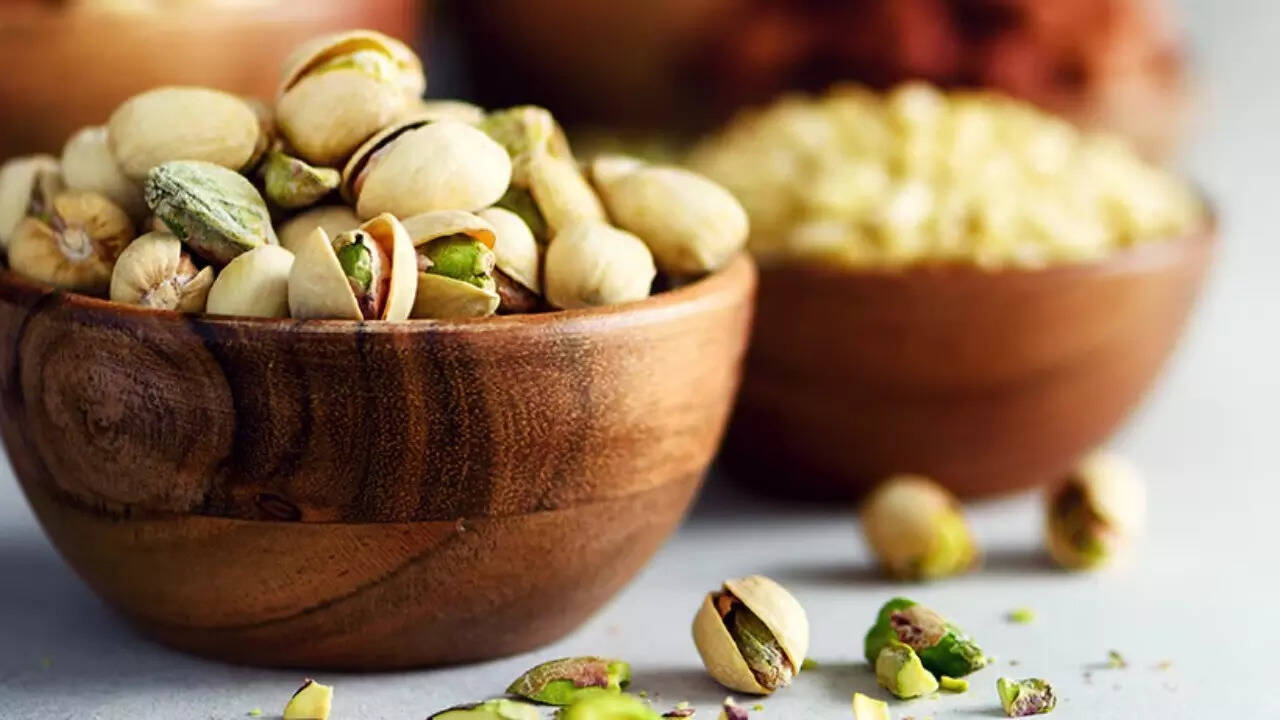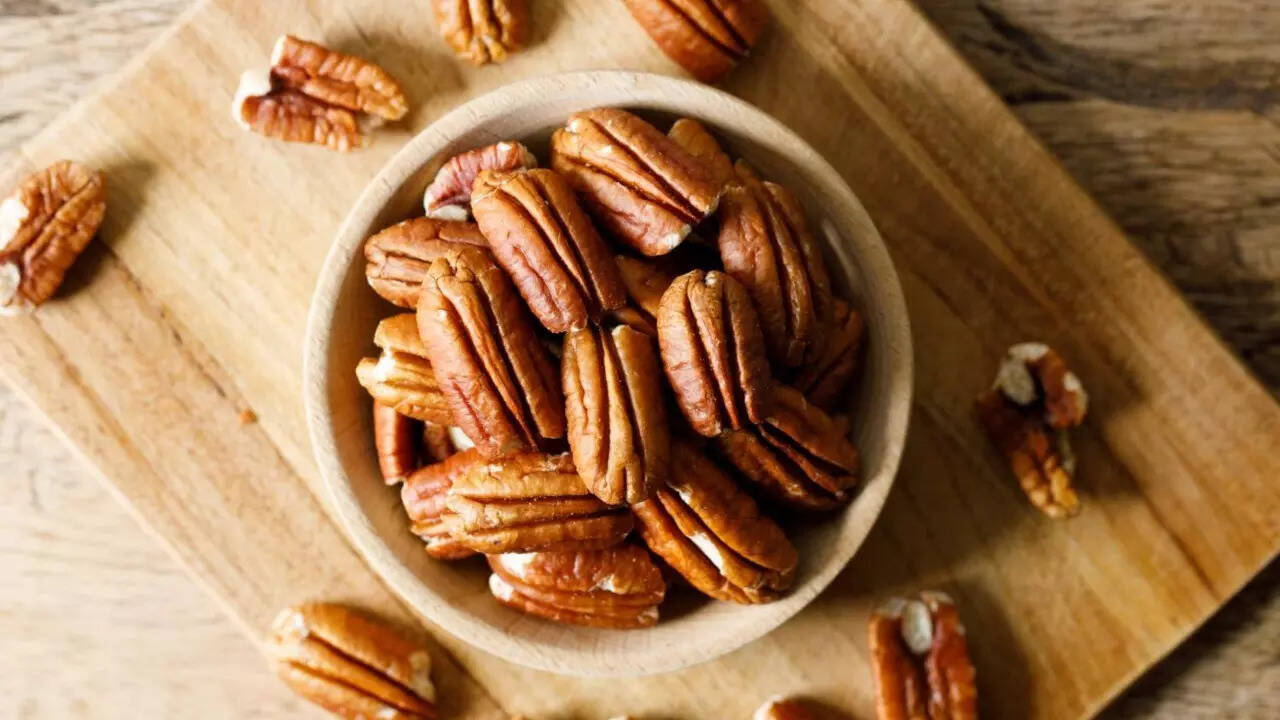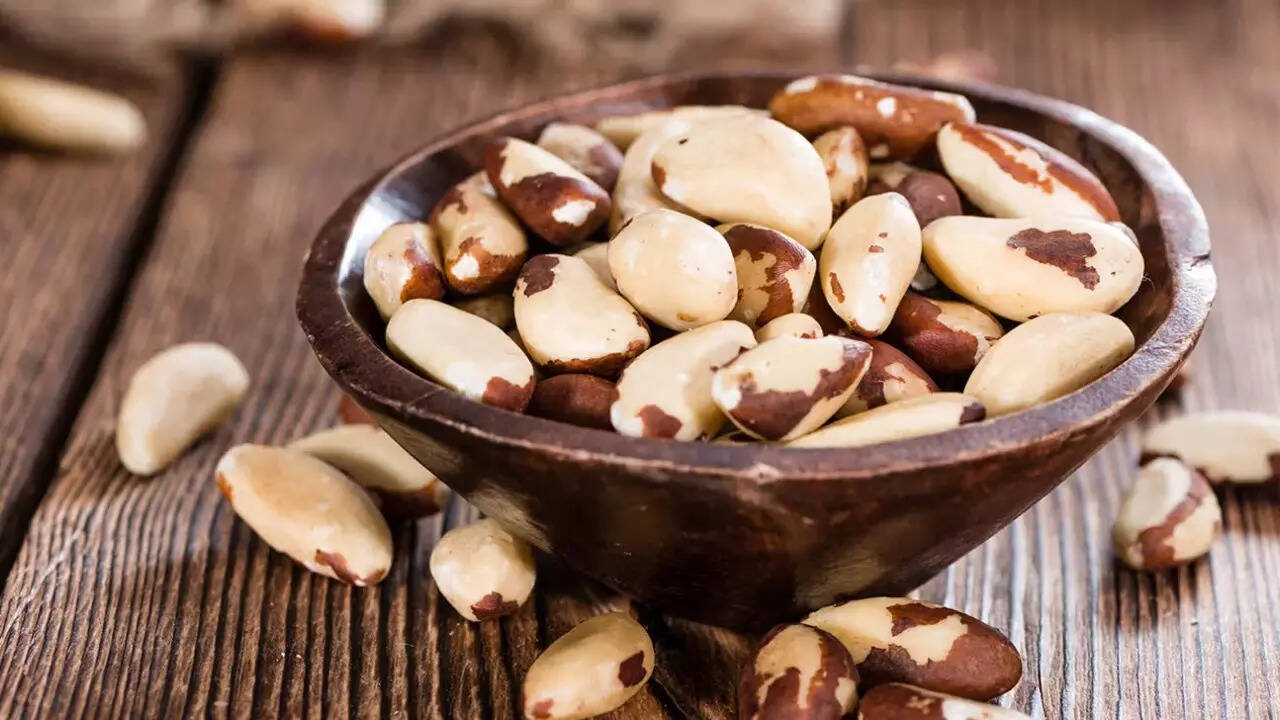Fatty liver disease, particularly Non-Alcoholic Fatty Liver Disease (NAFLD), is a growing health concern worldwide, affecting an estimated 30.2% of the world's population. Prevalence varies by region, with rates above 40% in the Americas and Southeast Asia.
What is Non-Alcoholic Fatty Liver Disease (NAFLD)?
Non-alcoholic fatty liver disease (NAFLD) is a
condition where excess fat builds up in the liver, not caused by heavy alcohol consumption. It's often linked to obesity, type 2 diabetes, and metabolic syndrome. NAFLD encompasses a spectrum of conditions, from simple fat buildup (NAFL) to more serious inflammation and scarring (NASH). NAFLD is becoming increasingly common, and is often linked to obesity and metabolic syndrome.
Signs that all is not well with your liver
Often termed the "silent epidemic," NAFLD is often symptomless in its early stages.
The good news? You don’t always need a prescription and pills to fight it.
Nature has packed powerful allies into tiny packages: nuts!
But why choose nuts for fatty liver? As per a
2020 study, nut consumption improves cardiometabolic risk factors, like, diabetes, obesity, dyslipidemia – all closely linked to fatty liver. Moreover,
a large cohort analysis found that consuming nuts 4+ times weekly cuts NAFLD risk by ~20%.
These crunchy delights are loaded with unsaturated fats, fiber, antioxidants, vitamins, and minerals that support liver function, reduce inflammation, and fight fat accumulation.
Let’s go pick’em!
Poll
Which nut do you think offers the best support for fatty liver health?
Walnuts
Walnuts are the edible seeds of the walnut tree, belonging to the stone fruit family. They are a popular type of tree nut, known for their wrinkled, brain-like appearance and rich, sweet taste.
Why pick them: Packed with omega‑3 fatty acids and antioxidants, walnuts are often hailed as the top nut for liver support. Their anti-inflammatory properties help reduce liver fat and improve enzyme levels. A
2021 Mediterranean-diet study found that daily walnut consumption led to significantly greater liver fat reduction.
Timing tip: In the morning, walnuts provide steady energy and blood sugar stability. Whereas, at night, their melatonin and magnesium content can boost sleep and control overnight inflammation.
Almonds
Almonds are the edible seeds of the Prunus dulcis tree, commonly known as the almond tree. They are technically drupes, which are fruits with a fleshy outer layer (the hull and shell in this case) and a hard shell surrounding the seed.
Why pick them: High in vitamin E, fiber, and monounsaturated fats, almonds support fat metabolism in the liver and reduce oxidative stress. Regular almond intake has been linked to lower LDL cholesterol and improved blood sugar levels, both important for fatty liver prevention.
Timing tip: Almonds are usually and popularly consumed in the morning, before or with breakfast. Early in the day helps curb cravings, enhance digestion, and stabilize sugar levels. A mid‑afternoon handful can prevent unhealthy snacking habits.
Pistachios
Pistachios are the edible seeds of the pistachio tree, Pistacia vera, known for their distinct green color and slightly sweet, nutty flavor. They are typically encased in a hard, beige shell that needs to be cracked open to reveal the seed.
Why pick them: Loaded with antioxidants and beneficial fats, pistachios modulate genes tied to lipid metabolism and reduce oxidative damage. Studies suggest they support healthy lipid profiles and guard the liver against fat accumulation.
Timing tip: As a pre- or post-workout snack, pistachios offer quick energy and recovery nutrition. Pair them with milk or a banana before bed to tap into their magnesium and promote relaxation. However, do not eat in excess.
Pecans
Pecans are a type of tree nut native to North America, specifically the southern and central regions of the United States and Mexico. They are known for their rich, buttery flavor and crisp texture, making them a popular ingredient in both sweet and savory dishes.
Why pick them: Pecans are rich in monounsaturated fats, vitamin E, and antioxidants, nutrients that combat inflammation and protect liver cells. Incorporating them into a Mediterranean-style eating pattern helps reduce liver fat and improves metabolic markers.
Timing tip: Swap them in as crunchy salad toppers at lunch, or enjoy a small portion mid-morning to satisfy hunger and support a healthy lipid profile. You can pair them with fruits for a delectable dessert.
Brazil nuts
Brazil nuts are large, oblong seeds from the Brazil nut tree (Bertholletia excelsa), native to the Amazon rainforest. They are known for being a rich source of selenium, a trace mineral essential for various bodily functions. Beyond selenium, they also offer a good source of healthy fats, protein, fiber, and other vitamins and minerals.
Why pick them: Exceptionally rich in selenium, an antioxidant that boosts selenoproteins crucial for liver detox and oxidative stress defense. Just 1–3 Brazil nuts daily can meet your selenium needs without going overboard.
Timing tip: Enjoy them in the morning or early afternoon to ensure selenium is absorbed gradually throughout the day.
Safety note: Selenium toxicity is possible with excessive intake. Stick to 1–3 nuts per day.
Disclaimer: The information provided in this article is for educational and informational purposes only and is not intended as medical advice. While nuts have been associated with liver health benefits, individual nutritional needs and medical conditions vary. Always consult a qualified healthcare professional or registered dietitian before making any significant changes to your diet.
